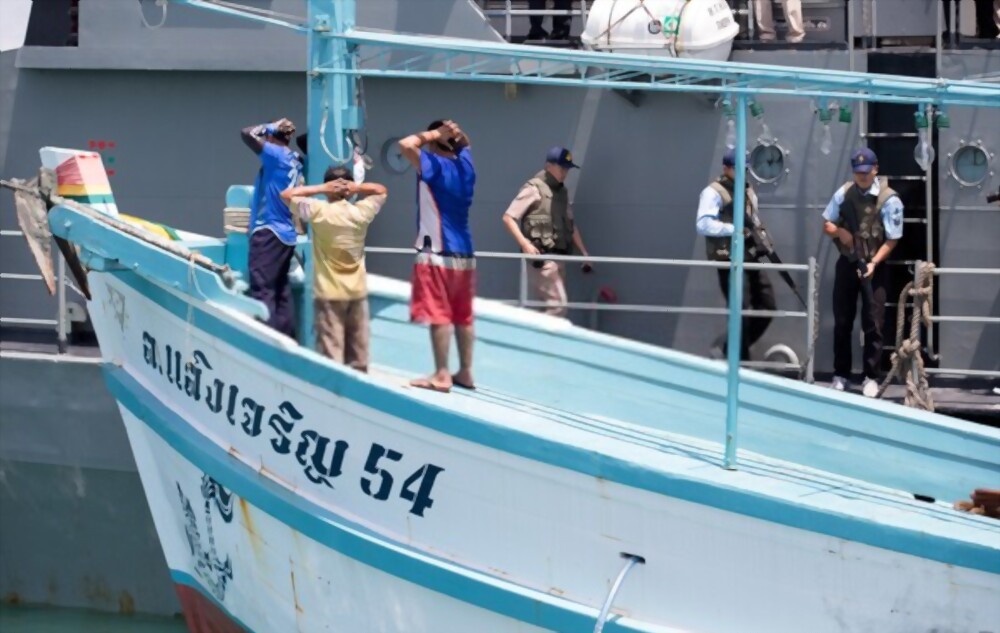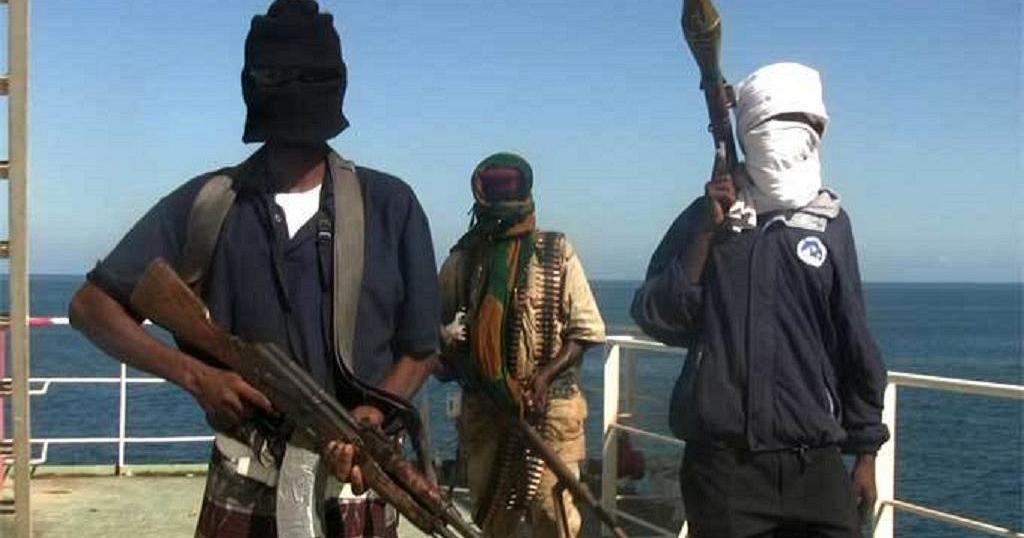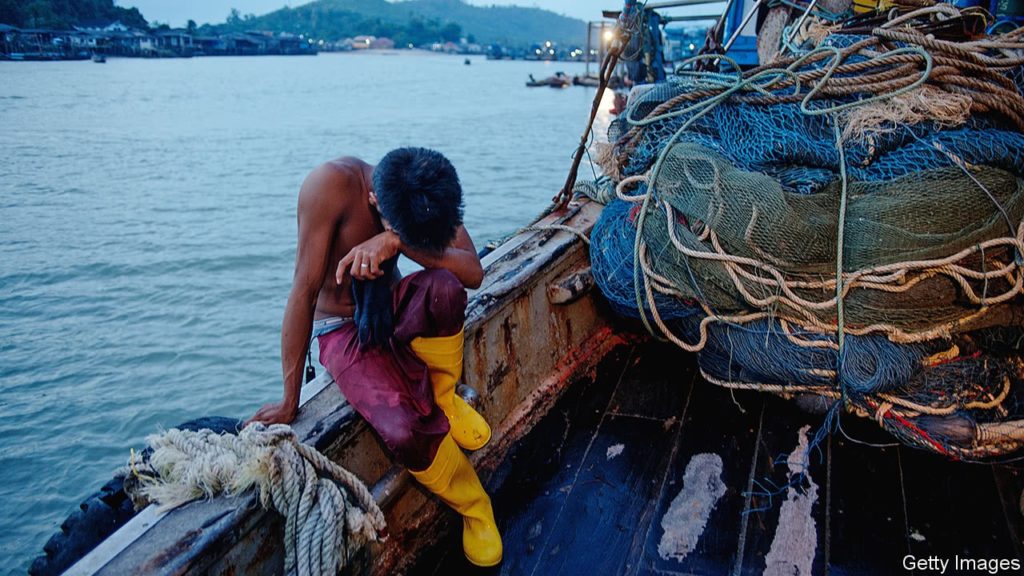Blue Economy
After its introduction at the 2012 United Nations Convention on Sustainable Development (UNCSD). Or Rio +20 Conference, the phrase ‘Blue Economy’ has become an intrinsic part of ocean governance jargon. The definition was promoted at the Rio+20 Conference as the marine part of the larger ‘green economy,’ which was described as an economy, “that results in improved human well-being and social equity, while significantly reducing environmental risks and ecological scarcities”
Most economic sectors have been corrupted by organized crime, and the blue economy is no different. Criminal offenses occur in the industry, from money laundering to narcotics and sex trafficking. The consequences of this “shadow blue economy” go way beyond harming the ocean ecosystem and endangering peace and security. Undermining the achievement of the Sustainable Development Goals, jeopardizing food security, and destroying already fragile coastal societies.
The following are some of the challenges that FSF-IHCE is addressing in order to achieve a sustainable blue economy. Allow this article to inspire you to help us by making a donation. Your effort would have a significant effect in combating the following crimes that impede the blue economy.
Illegal Fishing.
A ship’s involvement in an unauthorized location for some reason, or fishing in areas not designated for it, is a maritime offense punishable by law. Not just that, but offences like these will easily lead to major marine disasters.

Illegal fishing has long been a problem in the world’s fisheries, jeopardizing the blue economy growth, national security, food security, and human rights – and nowhere is this more obvious than in the Pacific.
Illegal fishing is very appealing to fishermen because they don’t have to pay any taxes or duties on their catches. Furthermore, illicit fishing is always carried out with impunity. This is especially true in countries that cannot afford to put up expensive and complicated fisheries management systems like those found in Europe’s territorial waters. Or the exclusive blue economy zones. The condition is particularly complicated in developing countries. Researchers argue that illegal and unregulated fishing is mostly practiced in countries that show common signs of poor governance. Large-scale corruption, ambiguous laws, and a lack of will or power to implement current national legislation.
The oceans sustain the livelihoods of an estimated 520 million people who depend on fishing and fishing-related practices, as well as 2.6 billion people who eat fish as a staple food. However, illegal fishing is endangering coastal communities’ food sources as fish populations decrease due to overfishing in areas where fishermen are not allowed to fish. Addressing illegal fishing will lead to the inclusive development and empowerment of people who depend on the oceans for their food and jobs.
Piracy in the Blue Economy.
Piracy is still one of the biggest crimes in the blue economy. It is perhaps the most well-known marine crime and a serious threat to maritime stability, causing huge financial losses as well as physical damage to crew members.

Pirates are looters who commit crimes on the sea or on the coast and are pursued by illegal naval forces. Piracy is a global crime that specifically affects the lives of seafarers and has a significant effect on maritime trade and economic growth [1]. Commercial theft, cargo loss, and delay are expected to cost $ 6.6 to $ 6.9 billion globally as a result of piracy. Because of the corruption of state officials, even pirates will create political instability.
At the beginning of the twenty-first century, piracy in Somalia has posed a number of threats to the international community. To effectively formulate a plan of action against piracy, the international community must be able to work together by introducing robust multilateral operations between countries and recognizing the social and economic problems that have given rise to the endemic and its spread throughout the region.
Pollution in the Blue Economy
With over five trillion pieces of plastic littering our waters, plastic waste is a major issue. Most reports suggest that the problem is increasing, based on the volume of plastic that enters our waters each year, which is estimated to be about 12 million tons. BBC’s Blue Planet and popular awareness efforts have helped to carry this topic to the public’s attention, and now there is groundbreaking technology on the horizon.
Scientists have recently discovered that plastic can be found well below the ocean’s surface, according to new reports. In reality, much of the plastic is found underwater, from just under the waves to the ocean’s deepest depths. The farther you get from the sea, the higher the concentrations become. Plastic fibers have also been discovered in the stomachs of animals in the Marianas Trench. Which is 12,000 meters below sea level and the lowest point on Earth. Japan is pushing for Group of 20 action to fight this revelation, which is long overdue.
Human trafficking and Slavery.
Crimes against humanity happen not only on land, but also at sea. The deplorable reality of much ocean operation is human trafficking, corruption, slavery, and other criminal abuses. Combined with a lack of policing and proper enforcement of international laws. This ever-increasing prevalence of human rights violations at sea. As well as direct and indirect mistreatment of the ocean, go hand in hand. The ocean is teeming with violence, whether it’s illegal fishing or the forced evacuation of low-lying atoll nations due to sea-level rise.

Victims of human rights abuse at sea can be treated as if they were slaves from another age. Those who fled described horrific brutality in interviews. The sick were thrown overboard, the defiant were beheaded. And the insubordinate were imprisoned for days below deck in a grim, fetid fishing hold.
Slavery and human trafficking at sea are most prevalent in the South China Sea. Many men and boys are trafficked across the border only to end up as “sea slaves” in floating labor camps. According to a UN survey of about 50 Cambodian men and boys sold to Thai fishing vessels, they are often beaten for minor infractions such as sewing a broken net too slowly or accidentally putting a mackerel in a bucket for herring. In the 2009 survey, 29 respondents said they had seen their captain or other officers kill a worker.
On a regular basis, the mentioned crimes pose a threat to the blue economy. Despite all of the measures, blue economy security is still a concern. The main explanation for this is that this is a very broad topic with no clear cutoffs. The lack of a cohesive framework. As well as inadequate international cooperation, is another reason why these crimes continue to plague the blue economy.
